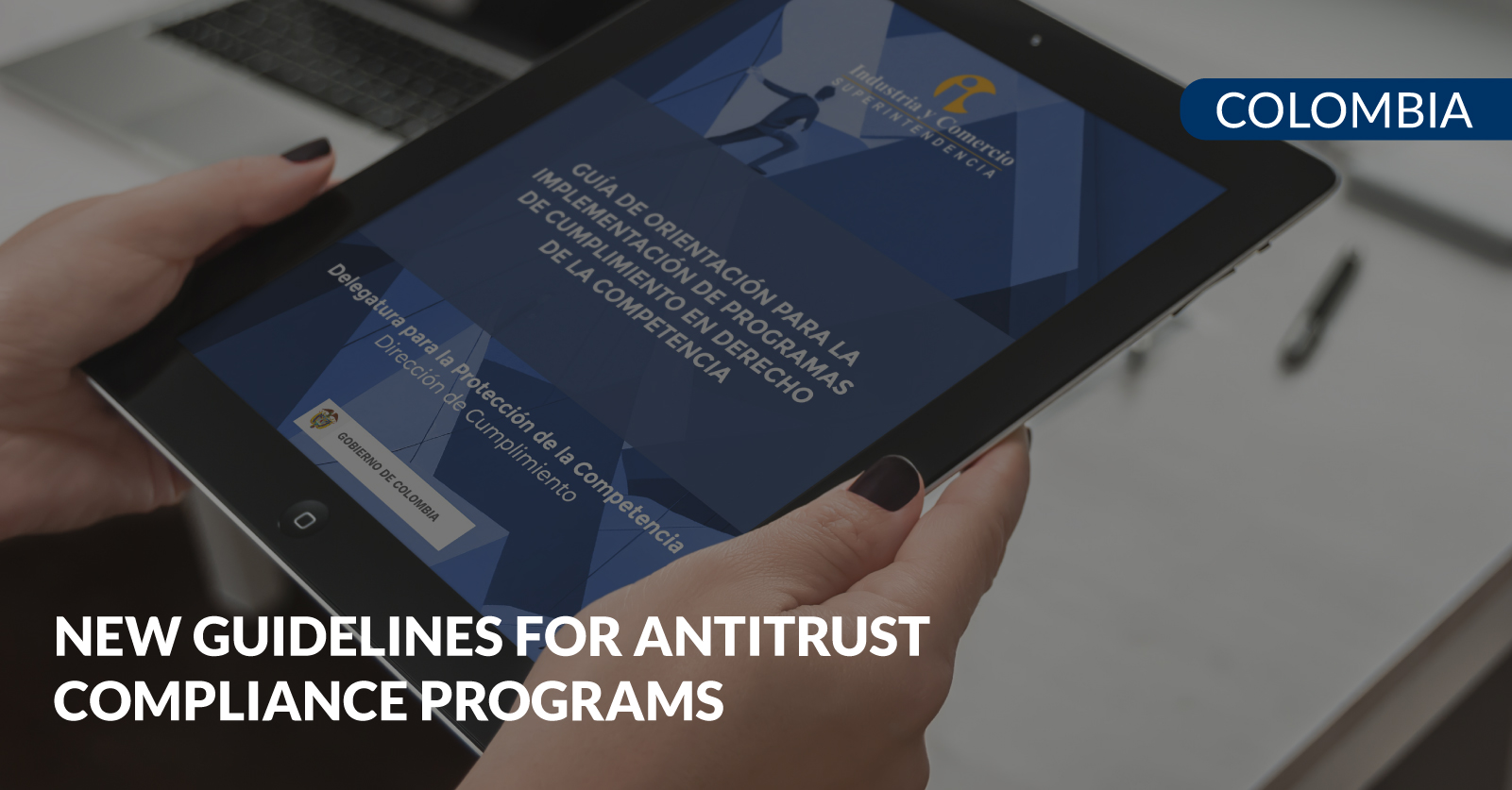
Trade Secrets Protection: Effective Tips for Safeguarding Assets

Navigating the Complexity of Trade Secrets Protection
Trade secrets are valuable assets for businesses, encompassing confidential information that provides a competitive edge. In this article, we explore effective tips for safeguarding these crucial assets through robust trade secrets protection strategies.
Understanding the Scope of Trade Secrets
Before delving into protection strategies, it’s essential to understand the scope of trade secrets. These can include formulas, processes, designs, or any proprietary information that grants a business a competitive advantage. Identifying and classifying such information is the first step in effective protection.
Developing a Comprehensive Trade Secrets Policy
Crafting a comprehensive trade secrets policy is fundamental to protection. Clearly outline what constitutes a trade secret within the organization, establish protocols for handling and sharing confidential information, and emphasize the importance of confidentiality among employees.
Employee Education and Training
A well-informed workforce is a critical line of defense. Educate employees about the importance of trade secrets, the company’s policies, and the potential consequences of unauthorized disclosure. Regular training sessions reinforce awareness and foster a culture of responsibility regarding confidential information.
Access Controls and Limited Disclosure
Implementing strict access controls is an effective way to limit exposure. Not all employees need access to all trade secrets. Use technology and physical measures to restrict access based on job responsibilities. Additionally, limit disclosure to third parties, and when necessary, use non-disclosure agreements (NDAs) to formalize agreements.
Secure Storage and Digital Protection Measures
Ensure secure storage of trade secrets, both physically and digitally. Implement encryption, password protection, and secure servers for digital assets. Physical documents should be stored in locked facilities with restricted access. Regularly update security measures to adapt to evolving threats.
Monitoring and Auditing Systems
Implementing monitoring and auditing systems helps detect any unusual activities that may signal a potential breach. Regularly audit access logs, employee activities, and network traffic. Early detection allows for prompt action to mitigate risks and prevent the unauthorized dissemination of trade secrets.
Vendor and Third-Party Agreements
When engaging with vendors or third parties, establish clear agreements regarding the protection of trade secrets. Include confidentiality clauses in contracts, clearly defining the limitations on the use and disclosure of sensitive information. Regularly review and update these agreements to align with changing business relationships.
Legal Recourse: Enforcing Trade Secrets Protection
Having legal recourse is crucial in trade secrets protection. Include confidentiality clauses and restrictive covenants in employment contracts. In the event of a breach, be prepared to take swift legal action to enforce your rights and seek remedies for damages.
Periodic Review and Updating of Policies
Trade secrets protection is an ongoing process that requires periodic review and updates. Regularly reassess the effectiveness of existing policies and make adjustments to address new risks or changes in the business environment. Staying proactive ensures that protection measures evolve with the business.
Trade Secrets Protection Tips
For more in-depth insights and practical tips on trade secrets protection, visit Trade Secrets Protection Tips. This resource offers valuable guidance for businesses aiming to fortify their trade secrets protection strategies and safeguard their competitive advantages.






